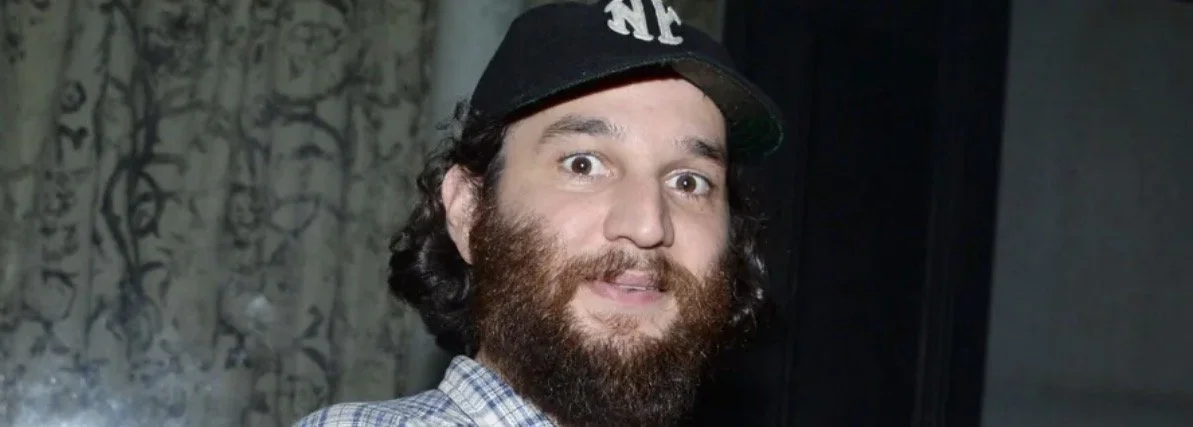Marco Bellocchio’s “The Traitor,” which competed for the Palme d’Or at the Cannes Film Festival last year, tells the true story of Mafia informant Tommaso Buscetta, responsible for over 350 criminal cases. Bellocchio isn’t tackling any new ground here, shooting in digital, the nighttime exteriors feel immediately influenced by Michael Mann’s noir masterpiece “Collateral,” but his film has the kind of old-school, brazen, direction to its narrative that only a true master of the craft can deliver.
Bellochio’s film follows the two-decade journey of Tommaso (a fantastic Pierfrancesco Favino), a man well-positioned in the Italian Mafia who becomes, along with his family, the target of the Cosa Nostra. Why do they want this man dead? Well, because after being arrested by Brazilian police and extradited to Italy, he chooses to testify against his enemies in order to secure the safety of his wife and children. He is now officially considered a traitor.
Bellocchio’s storytelling talents prevail in this conventional but thoroughly entertaining mob movie. The violence is intensely gory, especially in its gripping first act — hell, even a kill counter is placed at the bottom lefthand corner of the frame, climbing every time a person is “iced” onscreen. Whereas the film’’s second half, which has courtroom scenes involving Tommaso snitching on his old friends via public testimony, make for outrageous entertainment, A targeted man, Tommaso has to provide his testimony in a clear bulletproof box, his back turned to the mobsters in the rear of the room. There are hoots and hollers from Tommaso’s many enemies in court, even the wives scream uproariously at Tommasso. How dare this man snitch on their murderous husbands? It’s a zoo-like atmosphere that even the seated judge can barely control.
Of course, unlike, say, Martin Scorsese’s “The Irishman,” Bellocchio’s “The Traitor” can’t escape glamorizing the mobster lifestyle and that, in essence, turns out to be its major flaw. As unabashedly entertaining as his film might be, Bellocchio doesn’t infuse any fresh nuances to the mob genre. It doesn’t help that his film is also stretched out, unnecessarily, with a close to 2 and a half hour runtime.
What mostly sticks though is the effortless storytelling Bellocchio has always been known for. From 1965’s “Fists in the Pocket” to 2009’s “Vincere,” the 80-year-old has covered Italian mannerisms in 20th and 21st century Italy as artfully as any director from his native country ever has. With Bernardo Bertolucci having departed us last year, Bellocchio is one of only a handful of old-school Italian masters left in cinema, “The Traitor” may not tackle new territory, but it is nothing short of exemplary in the way a familiar story can still be revitalized with a great director behind the camera. [B]





